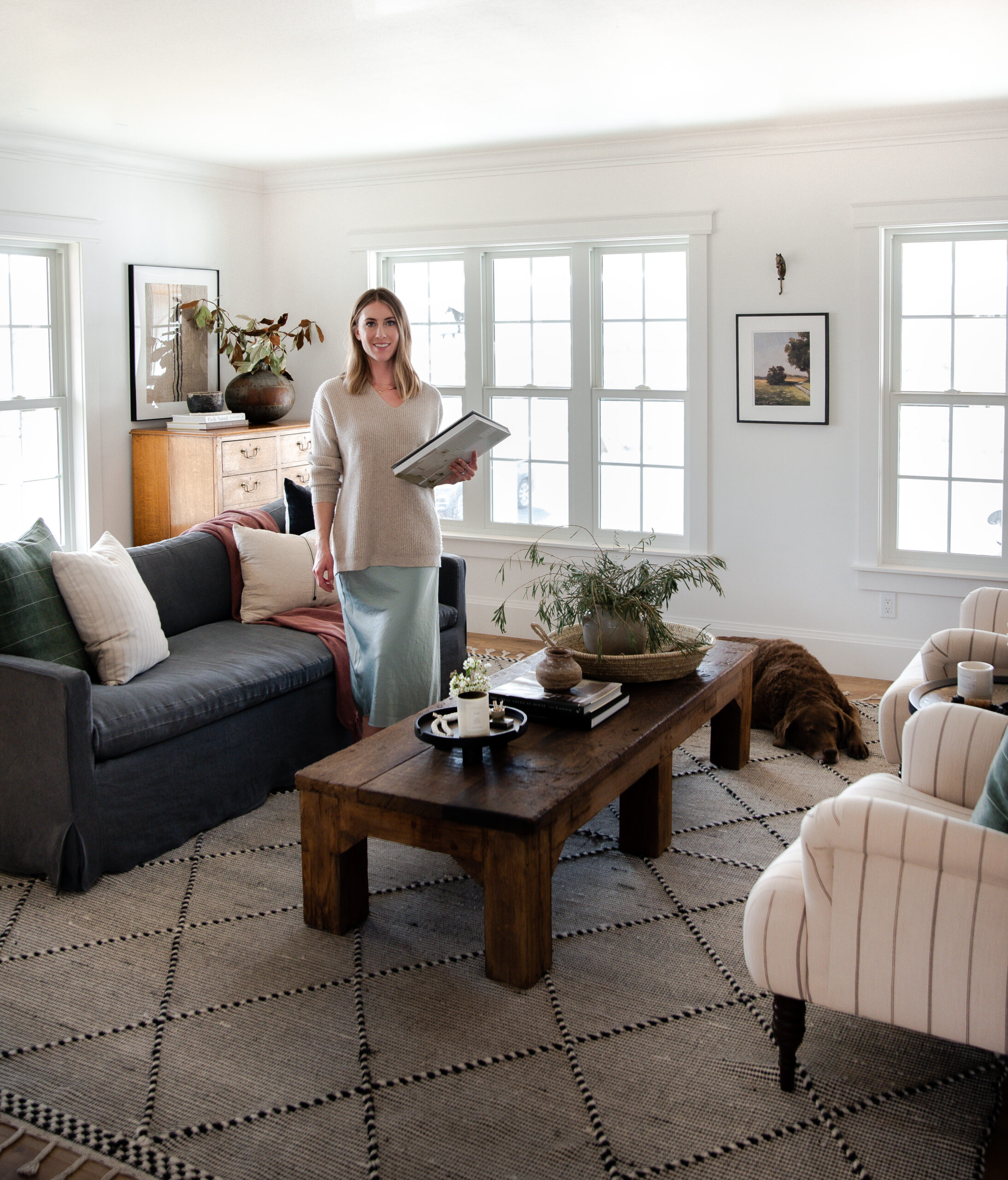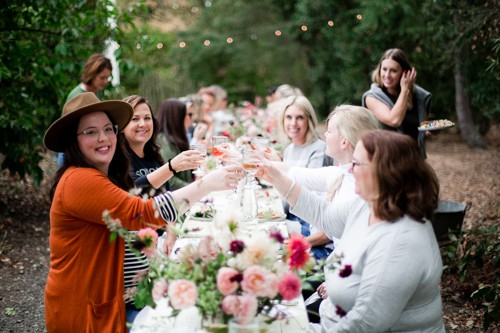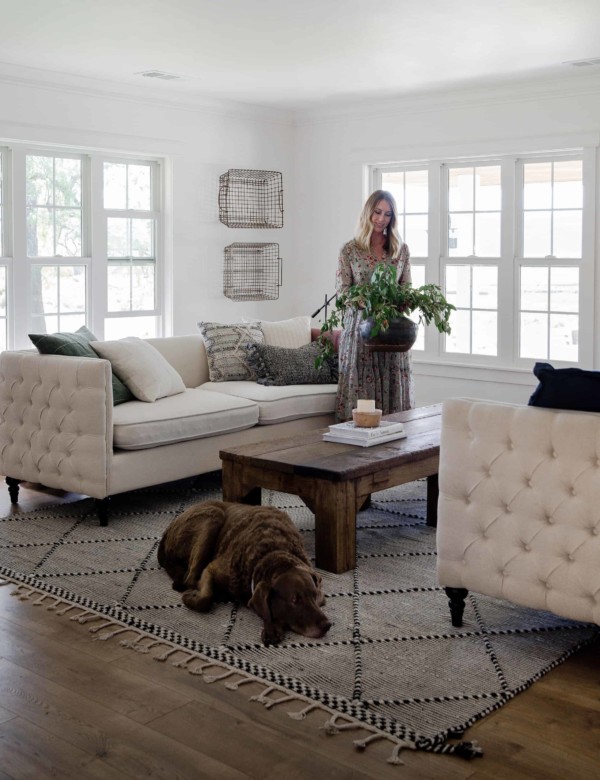Wondering how to grow your blog in 2020? Here are my best tips for taking your blog to the next level!

How to Grow Your Blog
When I first started blogging, I was beyond clueless. Today I spent all morning updating some old posts and I am in awe of my stupidity. Let’s just call it ignorance.
From the way I titled my posts, to my linking strategy. Imagery, pinterest strategy. Ugh, what a mess.
I feel like I am now digging myself out a hole that I spent four year digging. Thank goodness for the generosity of my SEO savvy friends and their courses (my friend Julie’s course is amazing!). I would still be digging in the wrong direction without their guidance.
I really love helping teach others from my experience, so today I want to share my tips for starting and growing a blog.
If you’re a new blogger, or a seasoned blogger, I hope that these tips help you to see that it’s possible to grow your blog! You see, when I started, I relied solely on social media to drive traffic to my blog. This is helpful and great, sure…but what happens when social media isn’t enough to scale and grow a blog to the point of bringing in serious revenue?
Insert Google.
If you’re not focusing on capturing your target audience through the world’s number one website, Google, then you’re missing out on major potential and passive income.
Why is Google important? Google (and Pinterest) will introduce your content to the people that are directly interested in the topics you write about. If your content is rich, helpful, and expertly written, those people will become fans of yours – they’ll sign up for your email lists, they’ll follow you on social media, they’ll trust the products you recommend.
On top of that, Google and Pinterest have the power to drive traffic to your blog the way social media doesn’t, and more page views = more passive income from ads!
If you’re looking for a great course to learn how to take your blog to the next level, I highly recommend my friend Julie’s course! (for those that already have a blog).
Or if you’re looking for a great course to start a blog, my friend Lisa’s course is fabulous!
The Best Tips for Growing your Blog:
- Start on the right platform.
- Determine your niche.
- Learn about SEO. Then learn some more.
- Figure out how to monetize and differentiate your revenue.
- Interlink your posts from the start.
- Network like crazy!
- Think of it as a business, and invest in it.
Start on the right platform:
I WISH I would’ve started out on WordPress, but I was determined to make Squarespace work for me. I would love to write a letter to myself four years ago, all it would say is: switch to wordpress immediately and learn about SEO.
Since I can’t write myself that letter, please take my advice. Just do it. Here’s why squarespace doesn’t work: site speed.
You see squarespace is great for small businesses, but for blogging – the site speed is awful. As are other platforms like Wix. Don’t believe me? Use Google’s page speed tool.
How important is site speed to Google?
Very, very important. It’s a ranking factor, and if you have poor site speed, you will have a tough time ranking for things that your competitors are vying for. To check your site speed, use this tool.
Determine your niche.
You’ve probably heard this a million times if you’re an entrepreneur: pick a niche! People need to know exactly what you’re an expert in, and then you need to build trust in that area.
I really wish I could niche down a bit more, and I could, but I have so many passions. If I niched down to just simple living: homesteading, gardening, cleaning, organizing, and from-scratch recipes. I would probably see much better growth; however, I am so passionate about design, I like to write about that too.
That dilutes my site. If at all possible, I would suggest picking a very clear niche and figuring out five categories you can cover within that niche – then become an absolute expert in those categories.
Homework: What is your niche? Write down five categories you can write about in that niche. Then come up with 5-10 blog posts for each category. If you’re having trouble with that, then you need to pick something you have more expertise in!!!
For example with Boxwood Avenue my categories are: interior design, homesteading, from scratch cooking, cleaning & organizing, DIY & handmade.
I also talk a little bit about beauty, fashion, small business and travel – truthfully, these dilute my blog a bit, but I don’t want to ditch them, I just accept that I’m self sabotaging.
Once you’ve figured out your categories, you need to think about your site map. The site map is the map google uses to figure out what your site is about and how to navigate your site.
Think you don’t need to know SEO? Think again.
SEO means search engine optimization. It is an incredibly complex, yet simple concept.
In its most simple form: answer the question people are asking google.
In its most complex form, there are so many considerations:
- Your site’s domain score.
- Your site speed.
- Your site map.
- The number of backlinks your site (or blog post) has, and how valuable those backlinks are.
- And so so much more, more than I can write about or even know about.
Click here for Google’s published SEO starter guide.
There are so so many tools to use to help with your SEO, the two that I find myself using the most are: Uber Suggest and Answer the Public. If you’re new to blogging, don’t overwhelm yourself too much – use those two free tools to do keyword research to figure out what to write about!
Figure out how to monetize and differentiate your revenue.
You might have heard that you can make a lot of money blogging right? You sure can! However, it’s incredibly important to differentiate your income because you never really know how the market will shift.
For example, those that put all of their eggs into the Facebook basket and made their income from sponsored work on Facebook, may have been so focused on Facebook that they neglected to jump on Instagram from the start. Now users are not on Facebook as much and sponsors don’t pay well for that platform.
The same goes for Pinterest, Instagram, etc… Social media is constantly shifting.
When I first started, I spent so much time worrying about Instagram, I rarely blogged. I didn’t see enough traffic to really focus on my blog, and I couldn’t understand why I wasn’t growing. Looking back at my blog posts, I can completely understand now. It’s a total mess. I want to save you from that mess!
I think it’s important to focus on the two things you have control of: your blog and your email list.
Social media can disappear in an instant at the hands of a hacker or the platform could shut down entirely, you never know!
I wrote a lot more about how I structure my creative business in this blog post <<< See me linking to a relevant blog post? We’ll talk more about that next.
Homework: Think of seven different ways you can make money from your business? Write them down and make a plan of action!
For me that is: photography prints, online shop, egg stamps, ad revenue, workshops, sponsored work, interior design work, affiliate income, and Lightroom presets. I’d also love to offer an online course soon!
Interlink your posts from the start.
Visit any blogger’s site and you’ll see links dripped throughout the post that reflect keywords used in the post. You see, I did it above when mentioning how I structure my creative business. This is crucial for Google to read your site and build your SEO on.
When I first started, I titled my blog posts with things like “This Week on the Ranch Number 7″… do you think ANYONE is Googling “This week on the ranch”? Let me give you a hint: they aren’t.
Instead, when I started titling my blog posts things like: “Why Heifers Should be Fed in the Afternoon”, I started to see Pinterest and Google traffic. That’s because other ranchers and farmers might be researching when it’s best to feed their heifers.
Within those posts, I can link to other similar posts like: What is the best feed for an expecting heifer? Why we don’t vaccinate for XYZ etc… You get the picture right?
Within each of the posts I had about “heifers”, I have an opportunity to link to the other related posts.
Now, after four years of blogging, and NOT interlinking strategically, you can imagine how much work I now have to go back and do.
So please take my advice: keep a spreadsheet of your categories. Then each time you write a blog post, add the link to it into your spreadsheet under the respective category. Then you can check to see other related posts you can interlink to with in the post. This also gives you an opportunity to go back to those previous posts and add a link to the newest blog post into the older blog posts.
Homework: Create a google spreadsheet of your blog categories and begin adding links from your existing blog posts to start interlinking your blog posts.
Figure out what to focus on.
It’s very easy to get side tracked when you own your own business, and when you’re trying to build a blog / brand. Do you focus on Instagram? Video? Blogging? SEO? Photography? At some point you will become so overwhelmed you’ll find yourself staring at your computer Googling goat memes.
My friend Julie gave me great advice: break your time into six week increments and focus solely on one task for that six week timeframe. Build your system and process out for that particular task and turn it into a well oiled machine. Then you will be able to transition to growing another aspect of your business and either pass off the task you’ve mastered or drop down to once a week.
You simply can’t focus on Instagram, Pinterest, YouTube, Blogging, Email Lists, Courses, Products, and still manage to find time to eat and sleep. You need to prioritize.
Network, network, network!
Networking is a key factor in so many successful businesses, and it’s the same when it comes to blogging! Growing your network of blogging friends will help you immensely.
Interested in meeting other bloggers and creative business owners? Join this Facebook group where we talk about all things creative business!
I’ve grown my network by interacting on Facebook groups and finding other bloggers like me and following and supporting them! I have made such wonderful friends on the internet and have been so happy to support them and in return, I know they’ll support me if I ever need it!
Networking will allow you to have a group of people to trust when you need recommendations for your site, or help with a brand contact, etc…
Join us at our creative business retreat in Sonoma!

Invest in your business.
You can read blog posts and watch YouTube videos til you go blue in the face; however, it wasn’t until I really started 1. treating my blog like a business and 2. investing in my blog like a business, that I started seeing results.
Investing in things like: a virtual assistant to help with Pinterest, emails, etc… A great online course (I like to take 3-4 a year). A seminar or retreat!
I have found that going to conferences and retreats pay off ten fold in the networking capability! I highly recommend them!
Additionally, investing in your photography skills is immensely helpful and although it may be a high upfront cost with camera and software/laptop, it will save you so much money in the end when you don’t have to hire a photographer every time you want to write a blog post! Learn more about my photography tips and get my photography basics e-book and lightroom presets!
On top of that, having a great camera, lens, and other equipment will help you set yourself apart. Take photography classes or a course. Learn the basics of SEO, hire someone to help you with your site speed. I like to invest back into my business each month to keep it constantly growing!
YOU MIGHT ALSO LIKE
How to work with Brands as a Blogger
How to get more Instagram Followers
Instagram Hacks to Boost Followers
How to Write an Elevator Pitch for Your Blog




Chloe I learned so much from your Sonoma retreat! Thank you for all of the tips above. So helpful as I continue on my blogger journey!!
This was such a great post! I just bought your lightroom presets and I love them. I’ve actually wanted to reinvest money into my photography for a while now and I couldn’t find “natural” presets with my style until I saw yours. Thanks for all your hard work and great content.
Currently, I have a blog and am in search of helpful tips to grow my blog. Well, I came online and this got me to your blog. Thanks for this helpful information. I will definitely get back for more details.
A lot of good ideas you have provided here, as for me then the main thing is oddly enough understanding your niche and knowledge of the basic principles of what and how to write. And then there are different advertising, SEO and other ways to develop your resource. But people who are not gifted with the ability to write well and correctly will be very difficult. I know this from my own experience, since college I could not write even an essay myself,
cbd shops that sell delta 8 near me